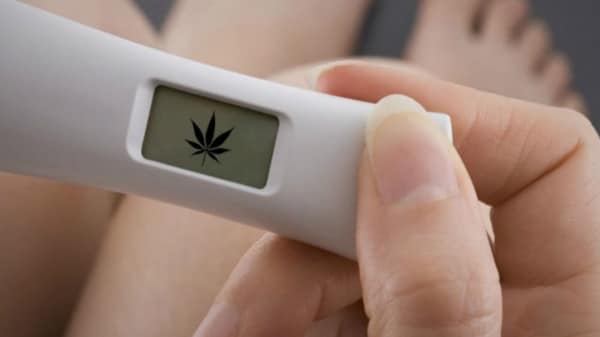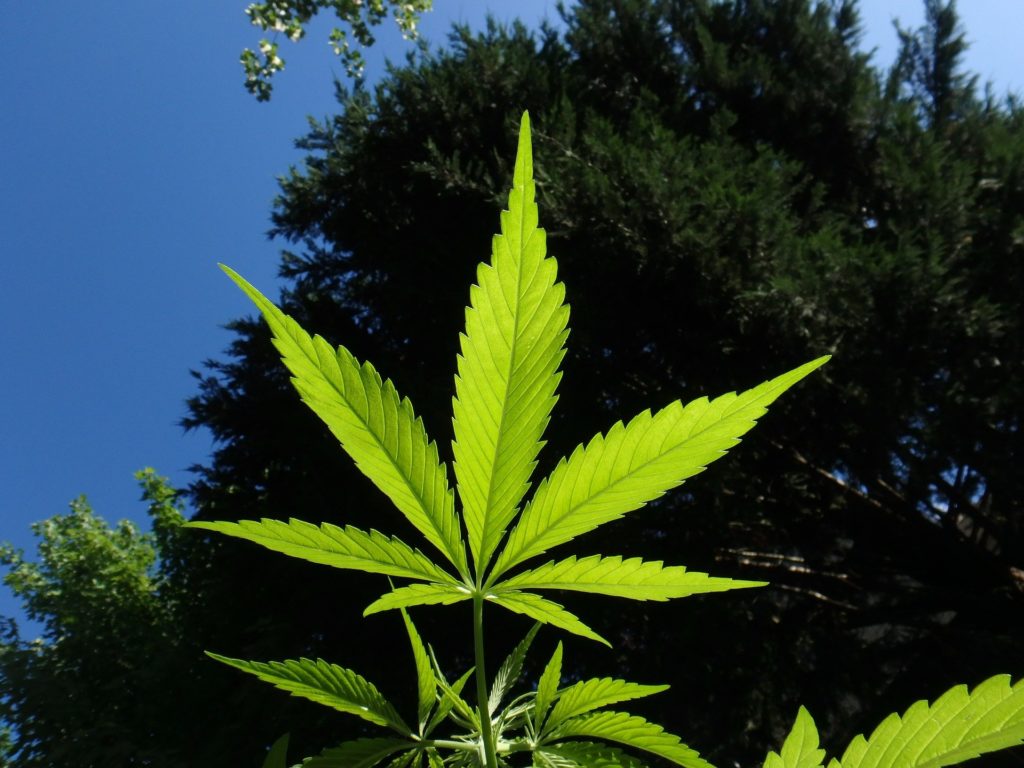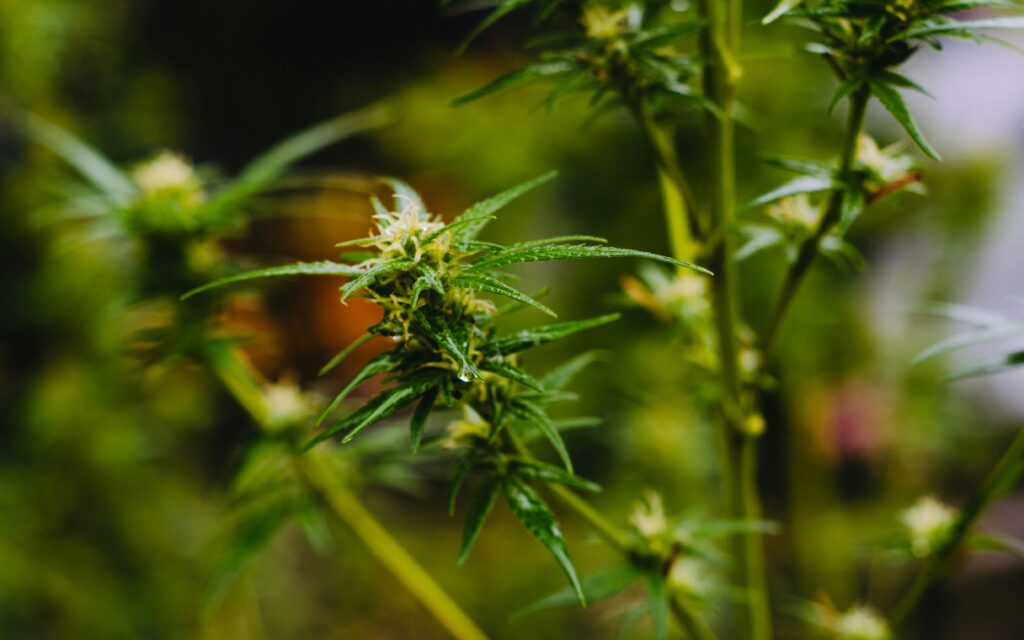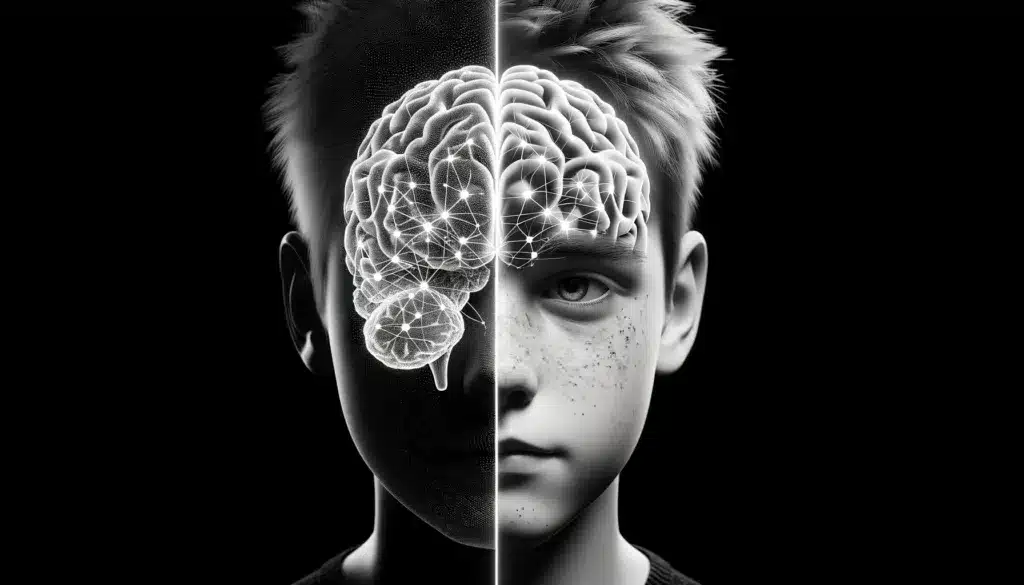
by Petar Petrov, Staff Writer for Terpenes and Testing Magazine
While the long-awaited advent of cannabis in legal markets and medical fields is opening up more possibilities for research, which in turns keeps unveiling the beneficial properties of the flower, it’s important to remember that cannabis is, after all, a tricky substance, with potentially adverse effects as well, especially on minds and bodies in early stages of development.
That’s why it should come as no surprise that a piling body of research is proving cannabis is to be avoided during the earliest stages of our development – pregnancy, and even the one before that, the period when men conceive children.
Cannabis Affects Sperm
New research by Duke Health found that THC leads to structural and regulatory changes in sperm’s DNA by altering DNA methylation which is a process, crucial to normal development. (1)
While the exact implications of the study’s findings are vague, there seems to be a pattern between the genes in rats’ and men’s sperm which THC affected. They were related to two of the same major cellular pathways: one helping bodily organs reach their full size, and the other involving the regulation of growth development.
“We know that there are effects of cannabis use on the regulatory mechanisms in sperm DNA, but we don’t know whether they can be transmitted to the next generation,” says lead author Susan K. Murphy, Ph.D., associate professor and chief of the Division of Reproductive Sciences in obstetrics and gynecology at Duke.
The study defined regular cannabis use as at least once per week over a six-month period, with the genetic changes to the sperm being accentuated proportionally to the concentration of THC in the men’s urine.
“In the absence of a larger, definitive study, the best advice would be to assume these changes are going to be there,” Murphy says. “We don’t know whether they are going to be permanent. I would say, as a precaution, stop using cannabis for at least six months before trying to conceive.”
Risks of Prenatal Cannabis Use
Low-Birth Weight
A study by the Colorado State of Public Health discovered that prenatal cannabis use is associated with a staggering 50% increased risk of low birth weight regardless of tobacco use during pregnancy. This sets the tone for different health problems like infection and time spent in neonatal intensive care units. (2)
That, combined with the fact that cannabis use among pregnant women has increased by 62% between 2002 and 2014, as has the flower’s potency since the 1970s by six to seven times, makes for a scary statistic.
Hindered Fetal Brain Development
Another study has revealed the dangers of prenatal cannabis use for proper development of the nerve cells of the cerebral cortex which is responsible for higher cognitive functioning and memory formation. (3) More specifically, THC hinders the formation and development of the messenger between nerve cells, the synapses, and axons, as well as the Stathmin-2 protein which is also associated with nerve growth.
“Even if THC only would cause small changes, its effect may well be sufficient to sensitize the brain to later stressors or diseases to provoke neuropsychiatric illnesses in those affected in the future,” says Professor Harkany, the study’s leader.
Risk of Premature Birth
Prenatal cannabis use through 20 weeks’ gestation increased the risk of pre-term birth five-fold, and that’s after all other possible factors like cigarette smoking, age, obesity, and socio-economic status have been taken into account and respectively ruled out. (4)
The study attributed more than 6% of premature births in the U.S. to prenatal cannabis use, whereas when it comes to Australian women, the number goes to almost 12%.
These studies are of extreme importance, with findings that shed a sobering light on the dangers of cannabis use as it refers to procreation. It’s crucial that such discoveries are voiced loudly enough over the sound of all the otherwise well-deserved advocacy cannabis is currently receiving.
References:
1. Duke University Medical Center. Exposure to cannabis alters the genetic profile of sperm: Whether genetic changes can be reversed or are passed on to children is still unknown., 2018.
- Tessa L. Crume, Ashley L. Juhl, Ashley Brooks-Russell, Katelyn E. Hall, Erica Wymore, Laura M. Borgelt. Cannabis Use During the Perinatal Period in a State With Legalized Recreational and Medical Marijuana: The Association Between Maternal Characteristics, Breastfeeding Patterns, and Neonatal Outcomes. The Journal of Pediatrics, 2018, 197:90-96.
- Giuseppe Tortoriello, Claudia V Morris, Alan Alpar, Janos Fuzik, Sally L Shirran, Daniela Calvigioni, Erik Keimpema, Catherine H Botting, Kirstin Reinecke, Thomas Herdegen, Michael Courtney, Yasmin L Hurd, Tibor Harkany. Miswiring the brain: Δ9‐tetrahydrocannabinol disrupts cortical development by inducing an SCG10/stathmin‐2 degradation pathway. EMBO Journal, 2014, 33(7): 668–685.
- Shalem Y. Leemaqz, Gustaaf A. Dekker, Lesley M. McCowan, Louise C. Kenny, Jenny E. Myers, Nigel A.B. Simpson, Lucilla Poston, Claire T. Roberts. Maternal marijuana use has independent effects on risk for spontaneous preterm birth but not other common late pregnancy complications. Reproductive Toxicology, 2016; 62: 77–86.
Image Credits: Cannabis Culture





